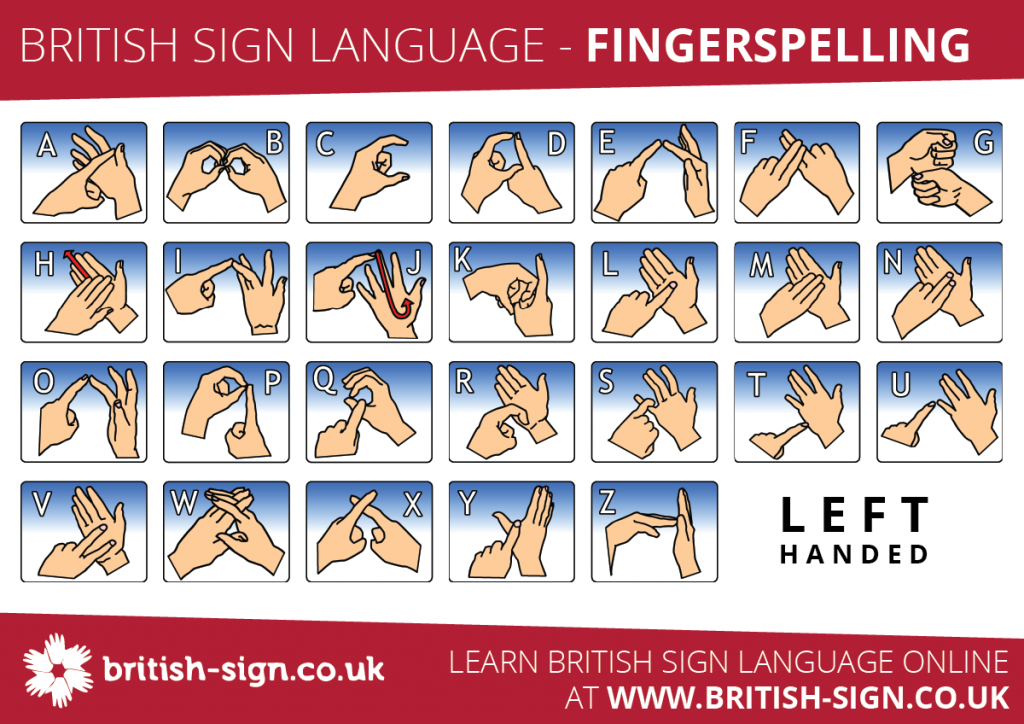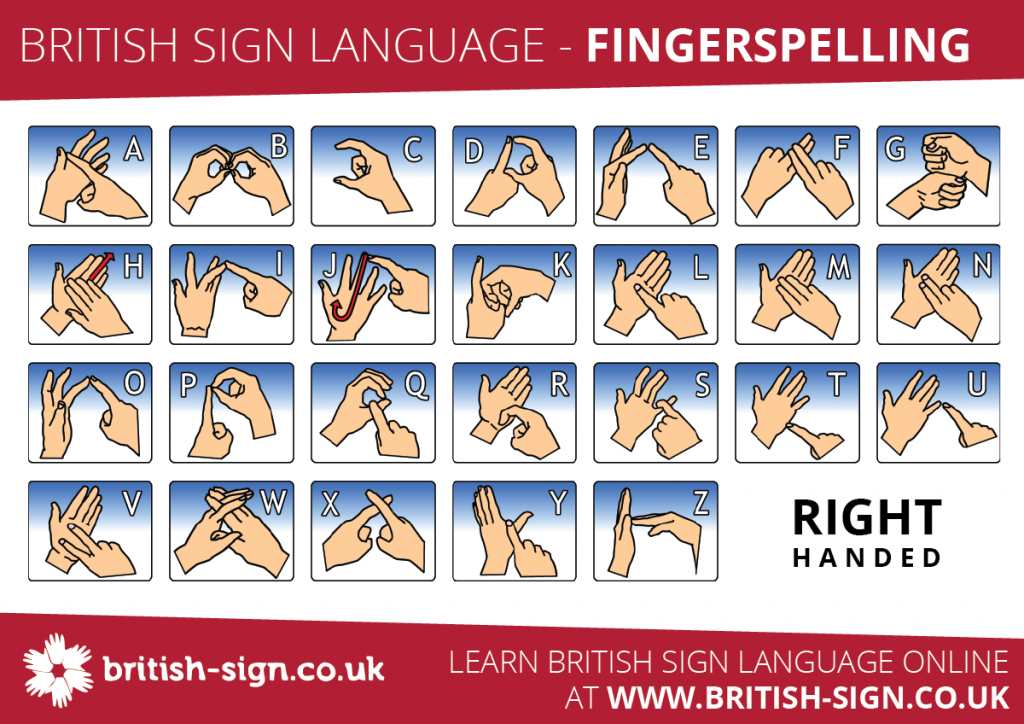Mohamed Abbas Ghulamhusein (Abbas) shares his learning experience so far and his plans for the future.
As a Deaf apprentice at Lloyds Banking Group (LBG), Abbas is balancing full-time work while building his expertise through the Level 6 Financial Services Professional apprenticeship and effectively communicating with colleagues across the organisation.
We caught up with Abbas to hear more about his journey so far…
How did you find out about the apprenticeship?
I saw that Kaplan had made it to the top 50 on the RateMyApprenticeship list, and the apprenticeship looked really good. It was all quite last minute, and there were other companies available to apply for, too, but the information on Lloyds Banking Group's website looked great when I looked at what was involved in the qualification, so I applied as fast as I could.
Have you always wanted to work in banking?
Yes, before working at LBG, I worked in a factory and as a postman, but it was my dream to get into a role within banking, even when I was growing up.
Being Deaf, I faced many barriers both growing up and when it came to getting a job. There were lots of different issues, but the apprenticeship was a good opportunity for me.
What were your perceptions of apprenticeships before you started at Lloyds Banking Group?
I completed a level two apprenticeship at the factory I had worked at so I had an idea of the structure, how apprenticeships worked, and what was involved in the training and coursework - but it’s certainly harder at LBG! I think you’ve got to have a can-do attitude.
Can you talk about your experience of joining the bank and starting an apprenticeship as a Deaf person?
I feel very comfortable here at Lloyds Banking Group - I feel it’s a very accessible company, and my team and manager have worked to advance their Deaf awareness since I joined the team.
When I started, they weren’t always sure how to communicate with me as a Deaf person. It’s possible that they thought I would be able to speak and hear a little bit, so I had to explain that this wasn’t the case, but they adapted to work with me.
In the beginning, there were a few barriers when communicating, such as awareness of how to access and use an interpreter, but now it’s very easy and smooth.
How have your colleagues supported you?
They’ve learned how to finger spell the alphabet, and I created a PowerPoint presentation to explain more about Deafness and raise awareness, such as what to do and not to do when interacting with a Deaf person. I liked doing that and giving feedback as their perspective of a Deaf person has now changed.


Have you encountered any challenges whilst studying that haven't been related to your Deafness?
When I started my apprenticeship, there was a lot of information and it was quite overwhelming. I was beginning my training, attending classes, and participating in the BizCafe business challenge - which is gamified learning in which my colleagues and I worked together to run a fictional cafe while competing with other LBG apprentices to generate the most revenue. So, there was a lot of information but, step by step, I feel I’m getting there. I’ve now got much more of an understanding of what I need to do.
The challenges came when I was trying to find the time to do my coursework while working full-time. I had a meeting with my manager and we spoke about any upcoming challenges and how we could resolve them. My manager supported me by providing one day a week away from the team to be able to focus on my apprenticeship and complete my off-the-job training.
“I want to say to Deaf people, and people with disabilities, that you can do it. It doesn’t matter how hard it is.”
I think everything is definitely more accessible now. And my manager has been flexible and allowed me the hours I need to study.
How has your talent coach and tutor provided support?
If I ever don’t understand some jargon or words, I can email and ask for clarification and examples. I can give examples of my work and they let me know if I’m on the right track. I also have one-to-one support with my Kaplan tutor, Chris, if I need it so I would say the support has been good.
What's the support from Lloyds Banking Group like?
LBG has a great offering via the Colleague Wellbeing Services. I spoke with them and they asked me what equipment I needed, any reasonable adjustments, and if there’s anything they can buy for me such as an iPad for the interpreters to help support communication in the office. They’ve been very supportive.
You’ve been on your apprenticeship for almost a year now - what do you think the future holds?
I think the time has gone so fast! If I look back at the start of the apprenticeship and at what was expected, I couldn’t picture what it would be like a year on - but it was all fine.
I feel like next year will require more work than the first year! I’ll be expected to show stronger evidence within my assessments and demonstrate my skills and behaviours more while showing how I’ve used the theory and knowledge in my job. But I do feel prepared for it. It’s not just the theory that I learn, it’s the practical as well - so far, so good.
What do your family and friends think about you doing an apprenticeship?
They’re very supportive. My family checks in on me and makes sure I’m enjoying it.
They’ve definitely noticed that I’ve got a lot of things on, like my coursework and research. Compared to one or two years ago, my life was actually quite boring - I didn’t have anything to do! Whereas now, it’s super busy - in a good way. Everything is much more fast-paced.
Do you have advice for anyone else on an apprenticeship?
My advice would be to look through the information provided to really understand the learning outcomes so that you can see how you need to meet the criteria. Also, pace yourself and ensure that you know what’s coming. Make sure you’re fully prepared and are using your transferable skills when needed.
Time management is also really important, especially within the first six months. I did struggle with that but I’ve learnt how to efficiently manage my own time now. I have to be strict with myself and avoid getting distracted. Using a diary helps too.
Is there anything that you'd like to add?
I think you need to have a genuine interest in working in banking for it to lead to a long-term successful career in the financial banking industry. Having background knowledge, such as from the Chartered Banking Institute (CBI), will help you with the theory side.
It can sometimes seem like what you’re learning isn’t useful, but it definitely will be in the future. For example, I probably won’t directly need my qualification in relationship management, but it’s really useful to understand the background of different roles as I’m developing lots of working relationships and communicating with people every day. It might seem like you don’t need to know something, but it’s actually really useful.
I also want to say to Deaf people, and people with disabilities, that you can do it. It doesn’t matter how hard it is.
Apprenticeships do offer the support needed.
Accessibility at Kaplan
We want Kaplan to be accessible for all so that every learner can achieve their goals. If you have a disability and need any additional support or requirements, find out more about how we can help, or get in touch with our team at als@kaplan.co.uk.
Learn British Sign Language
If, like Abbas’ colleagues, you want to learn more about how to communicate with someone who is Deaf, watch the below introductory lesson on how to use British Sign Language.
The webinar features Anthony Sinclair and Kaplan’s Poppy Laila.
- Anthony Sinclair has been teaching sign-language-related programmes for over 15 years. He believes that knowing sign language can open up many opportunities for people and introducing a bilingual language model as early as possible will serve to make us a better, inclusive, and smarter society.
- Poppy Laila is the current careers lead at Kaplan, a qualified Mental Health First Aider, safeguarding representative at our London centre. She also chairs the EDI champions at Kaplan to promote equality, diversity, and inclusivity in all areas of education and apprenticeships at Kaplan.
Apprenticeships with Kaplan
If you’re an employer interested in upskilling your workforce, get in touch with our team who can talk you through hiring new apprentices or training existing colleagues.
If you’re interested in an apprenticeship yourself, browse our current vacancies or read more about how to talk to your current employer about starting an apprenticeship.